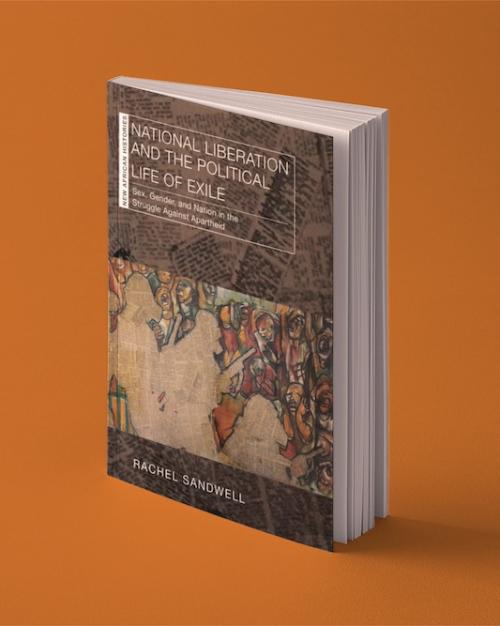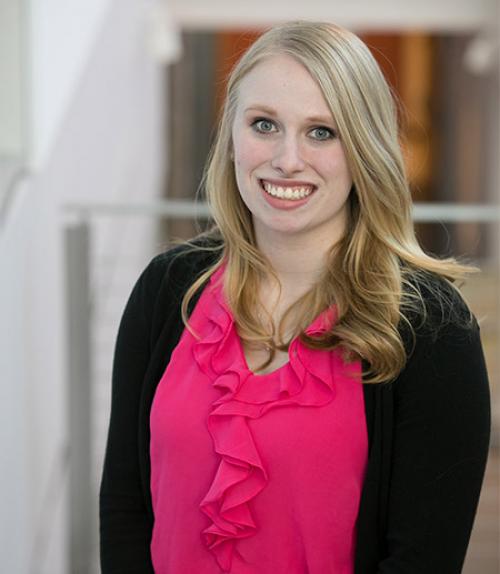Hannah Krall
Music
West Lawn, PA
What was your most profound turning point while at Cornell?
I took a music history class taught by Professor Rebecca Harris-Warrick my sophomore year. I fell in love with learning about music history, so I decided to become a musicologist.
What Cornell memory do you treasure the most?
The Original Cornell Syncopators played a concert for Wynton Marsalis while he was in residence. It was the last concert the group will be able to play as a whole while all of the original members are still at Cornell. I will miss them so much next year.
What do you value about your liberal arts education?
I value a liberal arts education's ability to add beauty to our world. Knowing and understanding art, literature and music is vital to the longevity of our society.




